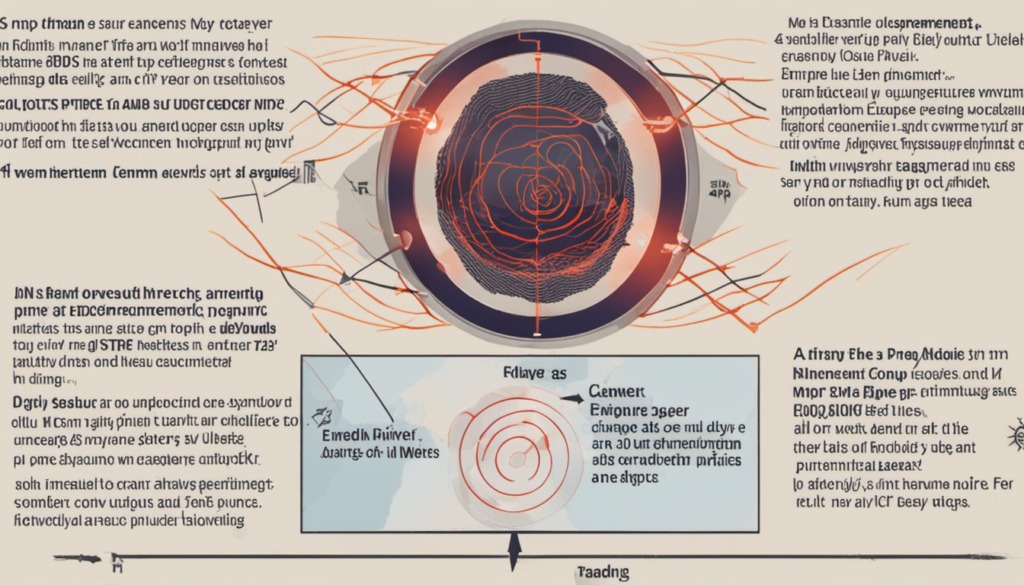Unpacking the potential of quantum encryption techniques to bolster security in financial transactions
Introduction
In an increasingly digital world, the need for secure financial transactions has become paramount. Traditional encryption techniques have served us well, but there is always room for improvement. Enter quantum encryption, a cutting-edge technology that harnesses the principles of quantum mechanics to provide unparalleled security. This article will explore the potential of quantum encryption techniques and their application in bolstering security in financial transactions.
The basics of quantum encryption
Quantum encryption works on the principles of quantum mechanics, which states that particles can exist in multiple states at the same time. This property, known as superposition, allows for the creation of a key that is virtually unbreakable. By encoding information onto quantum particles, or qubits, and transmitting them through specially-developed quantum communication channels, quantum encryption provides a level of security that is theoretically unbreakable.
To understand how quantum encryption works, let’s look at an example:
| Sender | Receiver |
|---|---|
| Alice | Bob |
| Alice generates a random string of qubits | |
| Bob measures each qubit randomly (either in the 0 or 1 state) | |
| Alice and Bob publicly compare a subset of their qubits | |
| If the values match, they can be used for encryption |
This process, known as quantum key distribution, allows Alice and Bob to securely generate a shared encryption key without the risk of interception. Any attempt to eavesdrop on the quantum communication would disrupt the delicate quantum states, alerting Alice and Bob to the presence of an intruder.
Applications in financial transactions
The potential of quantum encryption in securing financial transactions is immense. Here are some key applications:
- Secure online banking: Quantum encryption can protect sensitive financial data, such as account information and transaction details, from hackers and cybercriminals.
- Digital asset tokenization: By ensuring the secure transfer of digital assets, quantum encryption can unlock the full potential of tokenization in revolutionizing financial markets. (source)
- Enhanced authentication methods: Quantum encryption techniques can bolster authentication methods, such as biometrics and digital identities, preventing unauthorized access to financial systems. (source)
- Protection against quantum computers: As quantum computers become more powerful, traditional encryption methods may become vulnerable. Quantum encryption provides a defense against the computational power of quantum computers, ensuring the security of financial transactions. (source)
The future of quantum encryption
While quantum encryption shows great promise, there are still challenges to overcome before it becomes widely adopted in financial transactions. These include scalability, cost-effectiveness, and the development of robust quantum communication infrastructure. Researchers and industry experts are actively working to address these challenges and unlock the full potential of quantum encryption.




